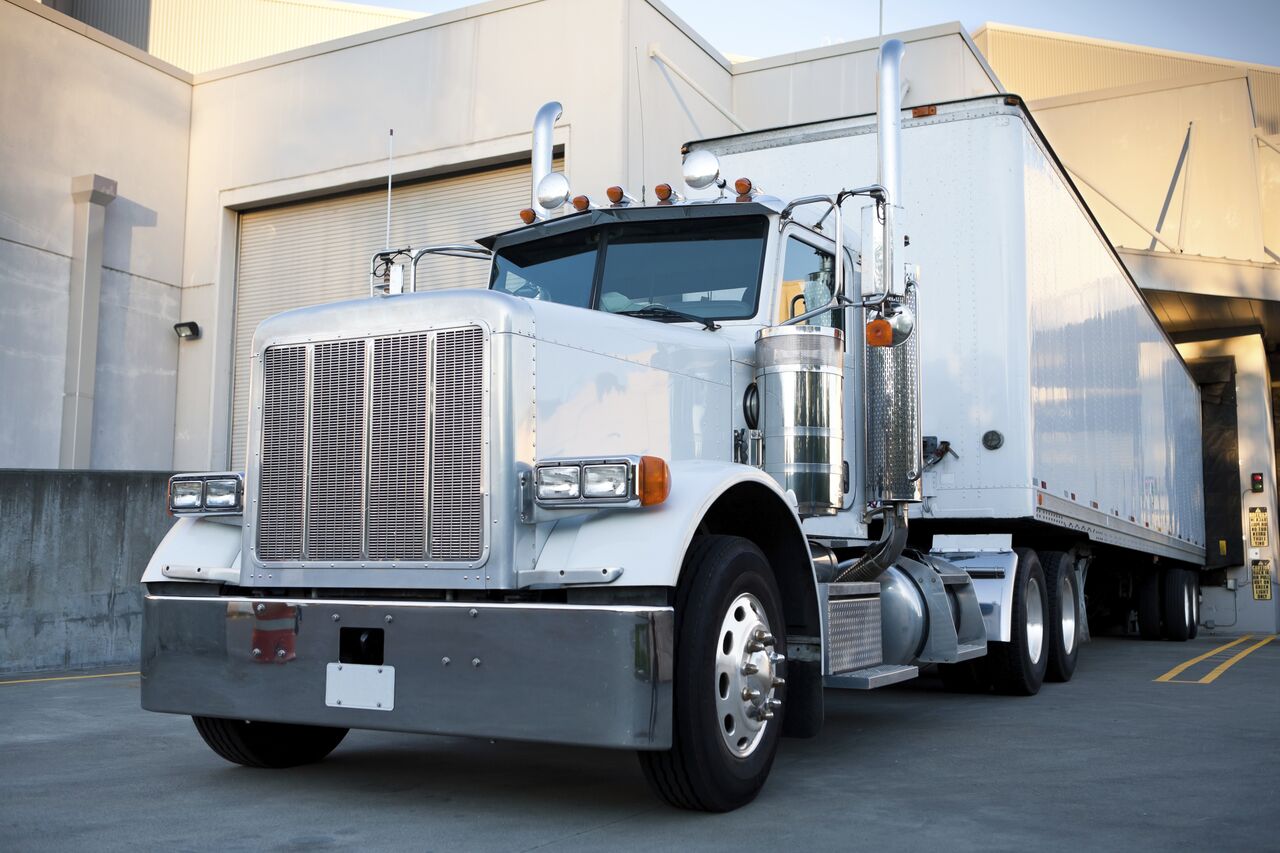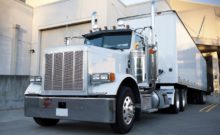It was only a matter of time before Elon Musk would make an announcement that Tesla Motors would be entering the trucking industry. The company that surpassed Ford in revenue, and which is constantly researching alternative energy, has decided to throw their hat into the ring with trucks.
Tesla Motors Plans On A One-Two Punch
Tesla motors is not stranger to electric vehicles. They have had a modest success with their non-commercial electric cars for a few years now. What has caused a stir in the trucking industry is that Tesla Motors not only plans to release trucks that run solely on electricity, but that the trucks will be autonomous. With big names like Google and Uber getting into legal conflagrations over self-driving trucks, it is still a mystery why Tesla Motors picked to unveil their intentions now.
The Competition Is Getting Fierce
Including Google and Uber, Tesla Motors will have to contend with Mercedes-Benz, which is developing its own self-driving trucks, and already has a long standing reputation in the trucking industry. Even Chinese manufacturer BYD is boasting an advanced line of self-driving trucks which will be aggressively marketing in the United States next year.
Is It All Just Hype?
While Tesla Motors like to position themselves to be leaders in niche markets, they are not without flaws. Elon Musk has an established history of under-delivering on promises for vehicles. This does not sway investors, however, with the announcement of the Model 3 personal car, as well as the commitment to the trucking industry, Tesla motors saw their stock jump to a closing rate of $304 per share. What many people do not see is that Tesla Motors is not about vehicles. Manufacturing cars and trucks is just the market they have chosen to push the envelope and make the future arrive, often sooner than expected.
Is The Trucking Industry Ready For The Future?
There is no doubt that Tesla Motors, and many other manufacturers, believe that technology drives the trucking industry. However, between legislation, insurance, the cost to convert, and much more, the idea of self-driving trucks is meeting with natural resistance. With some fleets looking at a switch to self-driving trucks in 2020, and manufacturers rolling out commercially available autonomous trucks as early as this summer, everything needs to get in order for the industry to decide which way to go. While it looks like autonomous trucks are going to become a reality, regardless of how anyone feels, the larger question is how the trucking industry at large will adapt tot he change.






